Turkey’s Erdogan withdraws threat of expelling 10 Western ambassadors
Turkish President Recep Tayyip Erdogan has backed down from his earlier threat of expelling 10 Western ambassadors over their joint call on Ankara for the release of Osman Kavala, a civil society leader.
Kavala, 64, faces a series of charges linked to the 2013 anti-government protests and a failed coup in mid-August 2016. The rights activist, who has been in prison for four years, denies the allegations of financing the 2013 rallies and involvement in the botched putsch.
On October 18, the ambassadors of Canada, Denmark, France, Germany, the Netherlands, Norway, Sweden, Finland, New Zealand and the United States called on the Turkish government to offer a just and speedy resolution to Kavala’s case. They said Ankara’s persistence in keeping the civil society leader behind bars and postponing his trial would cast a shadow over “respect for democracy, the rule of law and transparency in the Turkish judiciary system”, calling for his “urgent release.”
A day later, the Turkish Foreign Ministry summoned them all over their “unacceptable” statement, which “overstepped boundaries;” and on Saturday, Erdogan said he had ordered the ministry to declare all the 10 ambassadors “persona non grata at once” over their call.
Following the expulsion threat from the Turkish president, the US and several of the other concerned countries issued identical statements, saying they respected a UN convention that required diplomats not to interfere in the host country’s internal affairs.
The statements ultimately led Erdogan on Monday to step back from his threat, saying the announcements showed “they have taken a step back from the slander against our country.”
“They will be more careful now,” the Turkish leader added in televised comments.
“The Turkish judiciary doesn’t take orders from anyone, and is not under anyone’s command. Our intention is absolutely not to create a crisis but to protect our rights, law, honor, interests and our sovereign rights,” Erdogan stressed.
On Friday, Kavala said it would be “meaningless” for him to attend his trial, alleging that a fair hearing was impossible given recent comments by the Turkish president. Earlier, the Council of Europe had warned that it would launch infringement proceedings against Turkey if Kavala is not released before the human rights body’s next meeting on November 30-December 2. The next court hearing of Kavala is scheduled for November 26.
According to diplomats, the expulsions would have been unprecedented in relations between fellow NATO member states.
Russian court orders Google to pay staggering fine of $20 decillion
Yemeni forces carried out five operations in Haifa, targeting six ships, in one year: Report
Israeli war machine fails to penetrate Lebanon despite barbaric bombardment: Houthi
VIDEO | Is West's dominance over?
VIDEO | Five Syrians killed in Israeli airstrikes on al-Qusayr near Homs
VIDEO | South African resistance leaders reflect on ways to overcome Israeli aggression
VIDEO | Press TV's news headlines
VIDEO | Netanyahu pressured on a ceasefire


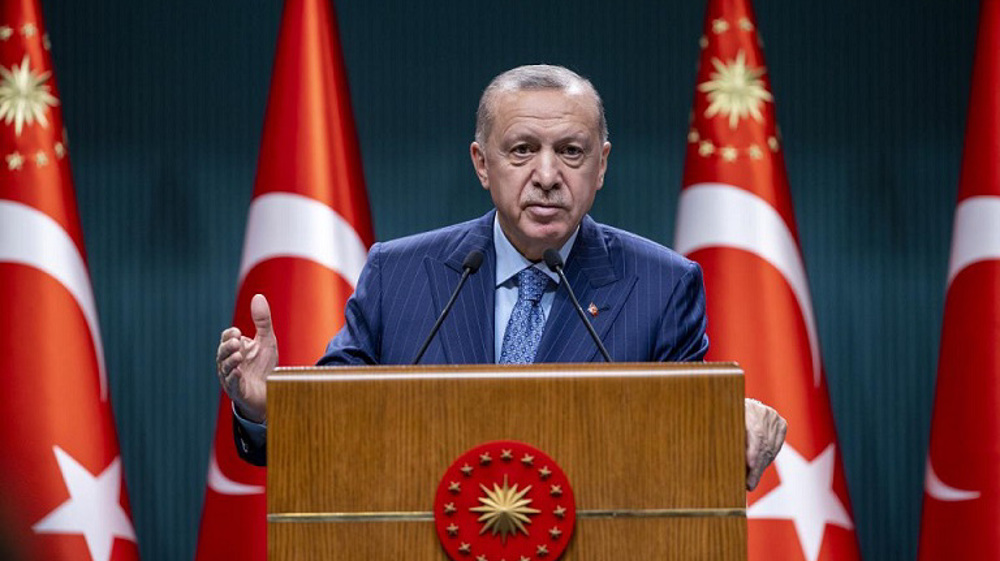
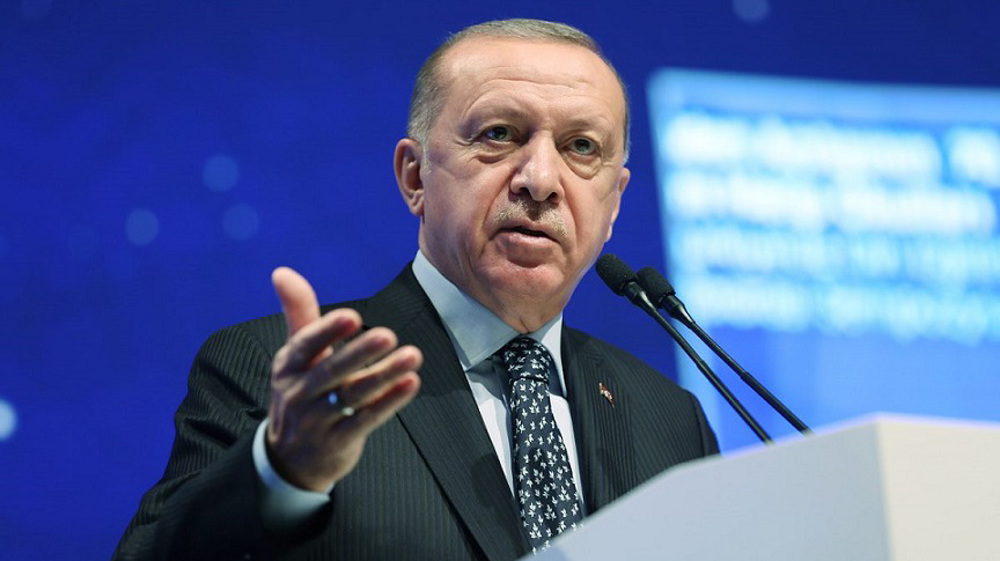
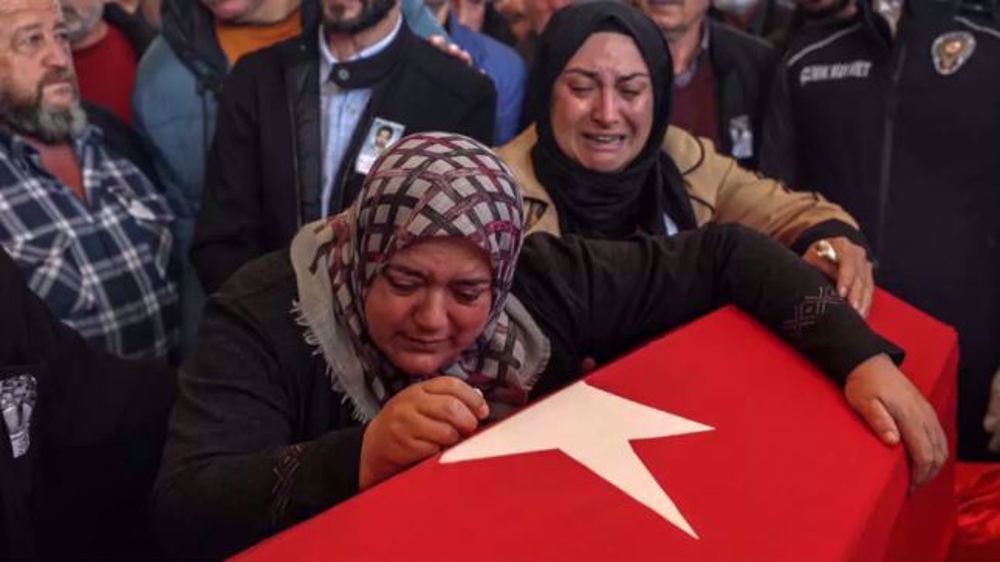
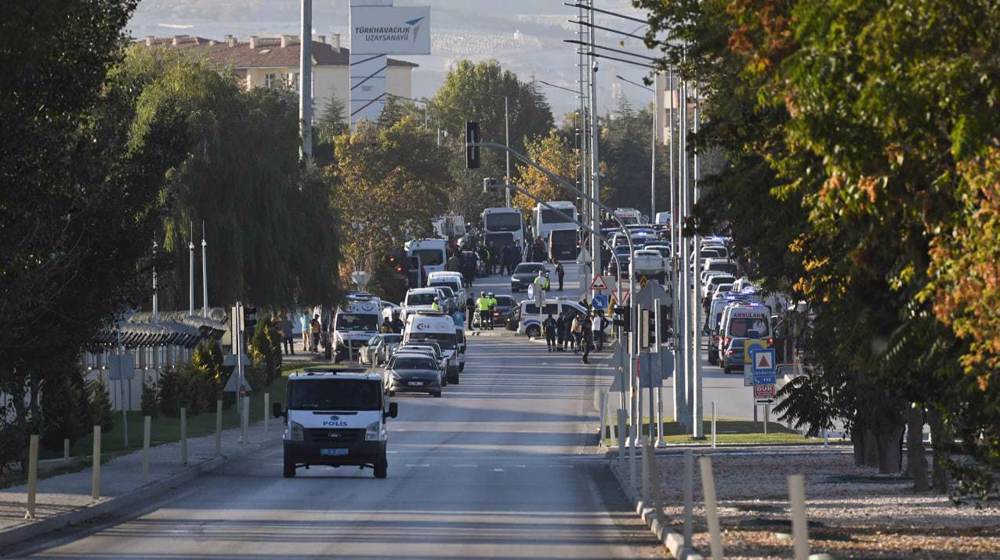
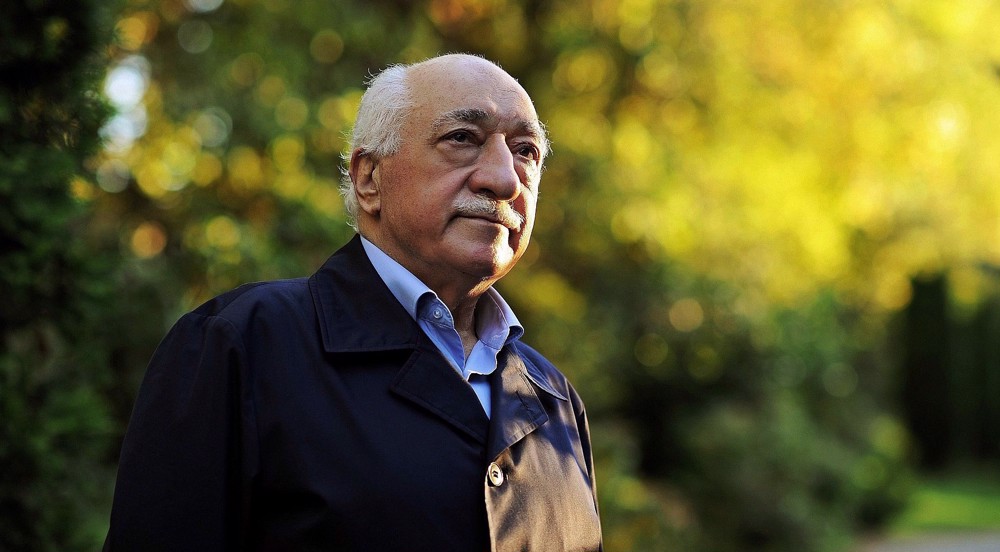




 This makes it easy to access the Press TV website
This makes it easy to access the Press TV website